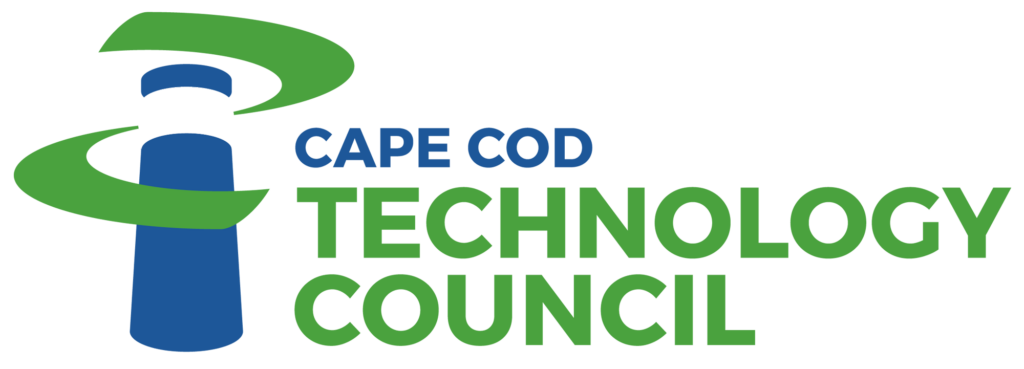In January, representatives from Falmouth Community Network presented to the Infrastructure Committee. (View slide deck)
A group of Falmouth residents began looking at community networks when an internet outage in parts of Falmouth lasted for five days in 2018.
The group discovered that the current provider’s infrastructure is outdated, with no competition driving future upgrades. Falmouth Community Network is looking at building a new, better, fiber network, similar to what towns like Chattanooga TN have built themselves. In Chattanooga the network is run by the electric company, with a fiber optic drop to every meter in the city. Children on the school lunch subsidy program receive free internet, providing stability in the economy and upward mobility to people who need it.
According to the feasibility report, a new fiber network would eliminate slowdowns and interruptions, and could accommodate future growth.
Scenarios for building the network range from a municipally owned and operated utility to a private company funding, building and operating the network under contractually specified conditions. The estimated build cost of the network, connecting every home and business in Falmouth, is $54,595,670.
The network will take an estimated 18 to 24 months to build from the start of construction. Their area includes 460 total road miles with 14,232 year-round residences, 2,000 businesses and 7,800 seasonal residences. Estimated rate for customers is $70 a month. FalmouthNet also anticipates having phone and TV services available.
Representatives said their biggest challenge is getting a core group to decide that they want this network. The risk is that they will continue to talk about it and never do anything.
The partners are FalmouthNet Inc., the Falmouth Economic Development and Industrial Corporation (EDIC), OpenCape, CCG Consulting and the town of Falmouth. Even if the project is contracted to private company, the group says the town of Falmouth can be as involved as they want.
Falmouth Community Network’s next steps are to teach and to learn. They’re talking to town officials, community associations, homeowners associations, and other organizations to let them know what they’re doing and its potential impact on Falmouth. To better educate themselves they’ve spoken with network financers, planners and builders.
The committee discussed how the issue of broadband, especially as it relates to COVID-19 and other community issues, has come up frequently. Members recalled that in the late ‘90s and early 2000s the incumbent providers were not going to roll out business class broadband on the Cape. The lesson we learned is that it’s important to provide competition for our incumbent providers. Currently there is none.
Committee members agreed we need to convene a larger group, including state government and the business community, to move this forward. Members reported that the Massachusetts Broadband Institute is almost exclusively focused on Western Massachusetts. We need an Eastern Massachusetts Broadband Coalition, to have representation equal to Western Mass.
FalmouthNet is talking to people who are interested in funding, planning, building, and operating the network. They are learning as much as they can from as many people as they can. The Tech Council can help them by putting them in touch with funding sources. The group has momentum but they do not yet understand what entity will operate the network and how it will be funded.
They’re hoping that Falmouth becomes the model they can build the rest of the Cape on.
